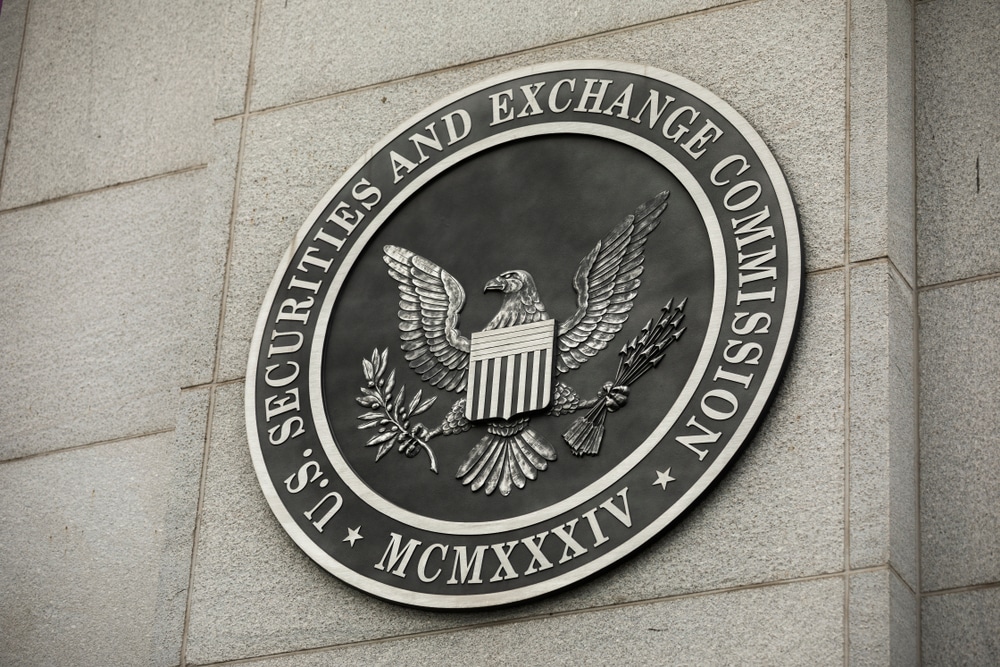On Wednesday, the Securities and Exchange Commission made a major announcement that has sent shockwaves throughout the crypto industry.
The S.E.C. filed a complaint in the Southern District of New York against Justin Sun, a prominent crypto entrepreneur, accusing him of violating securities laws in relation to his management of three crypto companies.
But Sun was not alone in facing charges, as the S.E.C. also implicated a group of celebrities who had promoted his ventures, including the famous actress Lindsay Lohan and social media influencer Jake Paul.
The agency accused these high-profile figures of illegally endorsing Mr. Sun’s cryptocurrencies, a move that could have serious consequences.
Highlighting the Importance of Regulation
The case has once again highlighted the need for tighter regulation of the cryptocurrency industry, which has long been viewed as a haven for opportunistic bad actors seeking to take advantage of unsuspecting investors.
While the S.E.C.’s charges may not be enough to put an end to these practices altogether, they send a clear message that those who flout the law will not be allowed to operate with impunity.
As the crypto landscape continues to evolve, it will be interesting to see how regulators respond to these new challenges and what measures they take to protect investors from potential harm.
In a recent development, it has been reported that Ms. Lohan, Mr. Paul, and four of the other celebrities have agreed to pay a total of $400,000 to settle the charges brought against them by the S.E.C.
While this move may help them avoid a protracted legal battle, it also serves as a reminder of the potential risks associated with promoting crypto without proper due diligence.
The S.E.C.’s charges against Sun and the group of celebrities are just the latest in a series of enforcement efforts aimed at cracking down on illegal activities in the cryptocurrency industry.
The sector has faced mounting scrutiny since the collapse of FTX, the exchange founded by Sam Bankman-Fried, nearly five months ago.
As the S.E.C. continues to pursue enforcement actions against bad actors in the crypto industry, it is likely that we will see further developments in this area in the coming months.
Regulators are Cracking Down
The crypto industry continues to face significant scrutiny from regulators, with the S.E.C. at the forefront of this trend.
This year alone, the agency has imposed fines and penalties on crypto lending firms and settled a case with Kraken, one of the largest American crypto exchanges.
These actions signal a growing push by federal regulators to clamp down on the perceived risks associated with crypto.
At the same time, federal banking regulators have expressed increasing skepticism about crypto, adding to the pressure on an industry that has already weathered a series of bankruptcies and market crashes in the past year.
With this backdrop, it is clear that the crypto sector will need to navigate a challenging regulatory environment in the years ahead.
The latest development came on Wednesday, when Coinbase, one of the largest and most reputable crypto exchanges, announced that it had received a Wells notice from the S.E.C.
This notice warned the company that the agency was planning to take enforcement action against it, marking yet another setback for the crypto industry.
In response to the recent Wells notice from the S.E.C., Coinbase released a statement expressing confidence in the legality of its assets and services. The company also indicated that it was prepared to engage in legal proceedings to address regulatory concerns.
Meanwhile, the S.E.C.’s charges against Justin Sun, a prominent crypto entrepreneur, suggest that the agency is taking a closer look at the activities of key players in the industry.
While Mr. Sun has sought to brand himself as a crypto diplomat, promoting the adoption of digital assets around the world, the S.E.C.’s complaint alleges that his companies offered unregistered cryptocurrencies.
Final Thoughts
All of these allegations highlight the need for greater transparency in the cryptocurrency sector. As regulators continue to scrutinize the industry, it will be important for companies and individuals to adhere to established laws and regulations.

